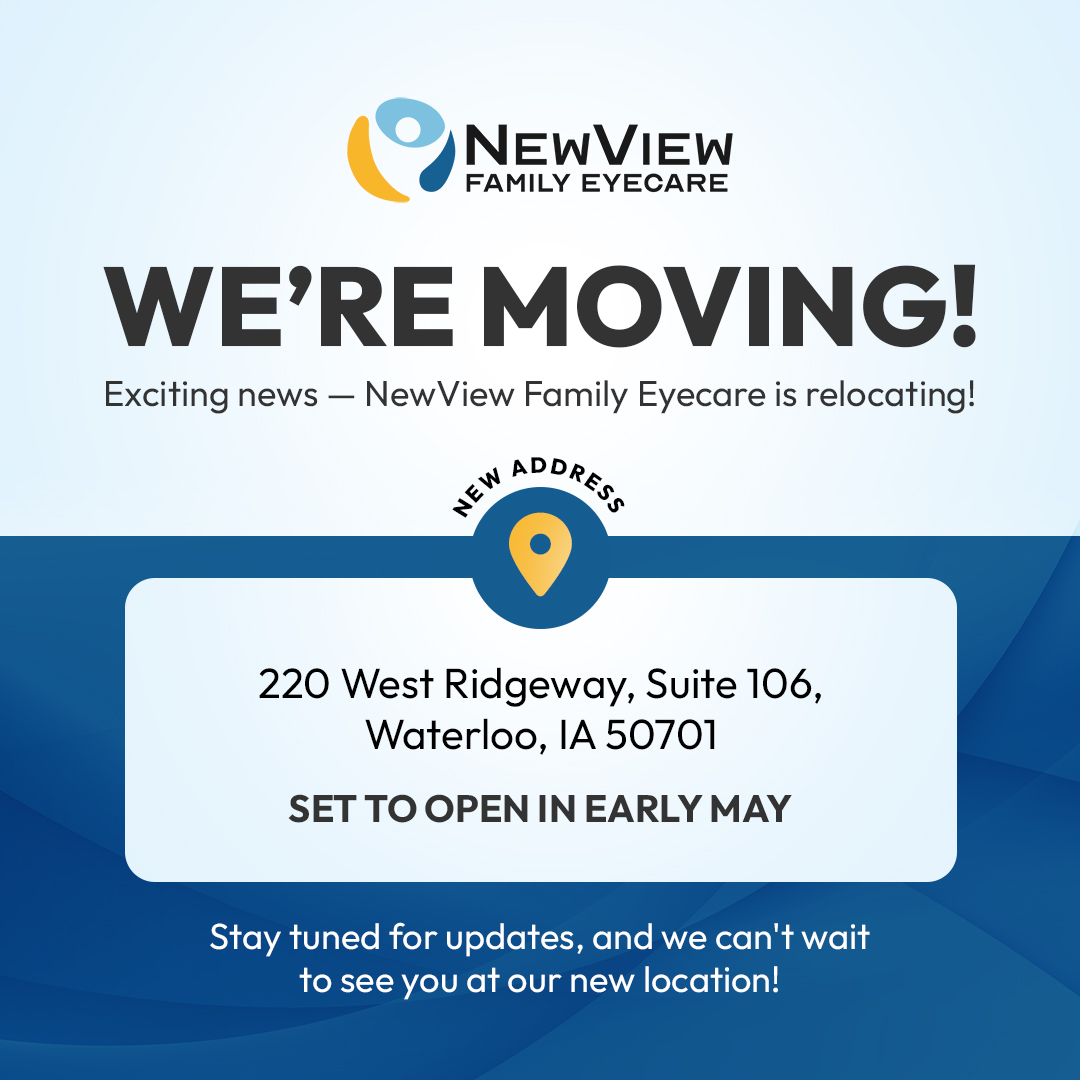
Dry eye syndrome is a common condition that can cause your eyes to feel dry, irritated, and uncomfortable. It can also make it more difficult to wear contact lenses. While it's not always possible to prevent dry eye syndrome, several safe and effective treatment options can help manage the symptoms and improve your comfort when wearing contact lenses.
The Connection between Contact Lenses and Dry Eye
Contact lenses can contribute to dry eye syndrome in several ways. First, they can disrupt the natural tear film that covers your eye's surface. This can lead to increased tear evaporation and dryness. Second, some contact lenses can absorb the moisture from your eyes, exacerbating dryness.
Additionally, wearing contact lenses for extended periods can strain your eyes and reduce the amount of oxygen that reaches your corneas. This can cause your eyes to feel dry and irritated, especially towards the end of the day. While not everyone who wears contact lenses will experience dry eye, it's a common issue that many contact lens wearers face.
Safe and Effective Treatment Options for Dry Eye
There are several safe and effective treatment options for managing dry eye in contact lens wearers. These can include lifestyle changes, medication, and the use of certain types of contact lenses.
One of the simplest ways to manage dry eye is to ensure that you're properly hydrated. Drinking plenty of water can help keep your body – and your eyes – hydrated. You can also try to reduce your exposure to environmental factors that can exacerbate dry eye, such as wind, dry air, and smoke.
If lifestyle changes aren't enough to manage your symptoms, your eye doctor may recommend medication. This can include eye drops that mimic your natural tears, medication to reduce inflammation, or even dietary supplements that can help improve tear production.
In some cases, switching to a different type of contact lens can help manage dry eye symptoms. This can include lenses that are designed to retain moisture, lenses that allow more oxygen to reach your corneas, or daily disposable lenses that can reduce the buildup of irritants.
Contact Lens Types for Dry Eye Management
When it comes to contact lenses and dry eye management, not all lenses are created equal. Some types of contact lenses are better suited for people with dry eye than others.
For instance, soft contact lenses are often more comfortable for people with dry eye than rigid gas permeable (RGP) lenses. This is because they conform to the shape of your eye and retain moisture better than RGPs.
Additionally, silicone hydrogel lenses allow more oxygen to reach your corneas than traditional soft lenses. This can help reduce dryness and discomfort, especially for people who wear their lenses for extended periods.
Finally, daily disposable lenses can be a good option for people with dry eye. Because you throw them away at the end of each day, they don't have a chance to build up deposits that can irritate your eyes and exacerbate dry eye symptoms.
Tips for Managing Dry Eye when Wearing Contact Lenses
If you're a contact lens wearer and are struggling with dry eye, there are several strategies you can adopt to help manage your symptoms.
First, make sure you're following your eye doctor's instructions for how to wear and care for your lenses. This can include cleaning your lenses regularly, replacing them as recommended, and not wearing them for longer than advised.
Second, try to give your eyes a break when you can. This can mean taking your lenses out for a few hours each day, switching to glasses occasionally, or avoiding wearing your lenses during activities that can exacerbate dry eye, such as when using a computer for extended periods.
When to Consult Your Eye Doctor
If you're struggling with dry eye and are finding it difficult to wear your contact lenses, it's important to consult an eye doctor. They can help diagnose the cause of your symptoms, recommend suitable treatment options, and guide you in choosing the most appropriate contact lenses for your needs.
Conclusion
Managing dry eye in contact lens wearers can be challenging, but it's not impossible. With the right knowledge, strategies, and professional guidance, you can continue to enjoy the benefits of contact lenses without compromising your comfort or eye health.
To learn more safe and effective treatment options for contact lenses and dry eye management, visit NewView Family Eyecare at our office in Waterloo. Call (319) 236-2020 to schedule an appointment today.








